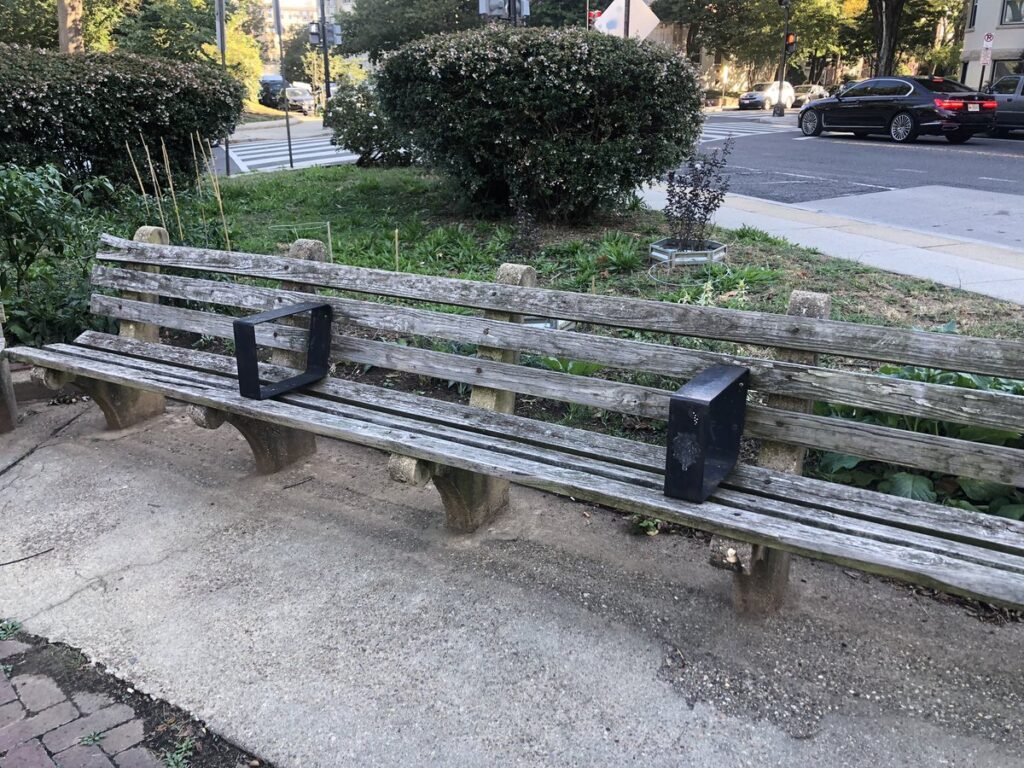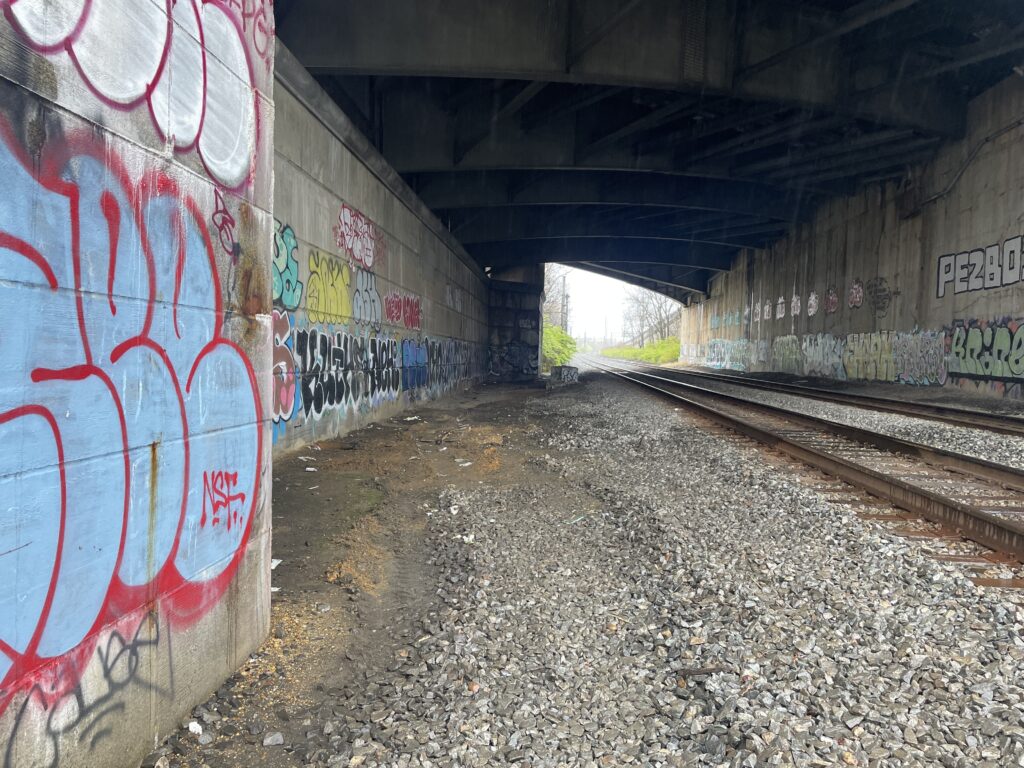On a rainy morning a week before Thanksgiving, with a cold front moving in, dozens of homeless people who stayed in an encampment located across from the Watergate building and around the corner from the Kennedy Center, were panicked and confused. This was not due to the imminent freezing temperatures, but because Mayor Muriel Bowser had instructed the police, public works and her human services agencies to displace all of them and their belongings from the small and supportive community they had formed over the past several months on that site.
This was just the tip of the iceberg; the mayor has resolved to shut down every encampment in D.C., just as hypothermia season is beginning. However, despite her pledge to end chronic homelessness in D.C. in the next few years, Bowser has not committed to making sure each of the residents of these encampments has somewhere safe to go upon their forced displacement from the only viable place they have found to stay in the city.
Many people who stay outside, in encampments or other locations, do so because they are either unable or afraid to sleep in emergency shelters. They often can’t access shelter because D.C. shelters don’t allow couples or people with pets, or the shelters are full to capacity, which was the case almost every night in for the past few months in the women’s shelters in D.C.
But many of them are also too afraid to stay in the city-run shelters because they are chaotic, crime-ridden and often dangerous. The vast majority of those who are staying in these encampments tell horror stories about their experiences in emergency shelter and far prefer the sense of peace, safety and community they have found in encampments like the one described above.
The mayor has tried to ensure that some of the people in the Watergate encampment will be placed in housing, but this is not the case for everyone staying there – or for those in the other encampments Bowser has pledged to shut down. Some aren’t ready to go into housing yet because they need some time to trust the person offering the housing. Some haven’t been offered anything except a bed in one of the shelters that caused them to flee to the streets in the first place. If they won’t or can’t go into shelter, these people will remain on the street. But once the encampments are dismantled, they will not only be without their lifesaving tent, blankets and other personal possessions to protect them from the freezing temperatures; they will be without the supportive community they’ve built.
Some former encampment residents might also be staying on the street with a new barrier to housing in their pocket – a criminal record. D.C. regulations forbid people from setting up a “camp or temporary place of abode” without the permission of the mayor, which she clearly is withholding. The offense is punishable by a fine, but if, as often happens, the person can’t afford to pay the fine, a bench warrant can be issued, and the homeless person will be arrested. The mayor has tried, so far unsuccessfully, to enlist Maryland Police Department officers to ticket everyone at these encampments for violating the temporary abode regulation, and she is using this threat to coerce people into leaving the sites “voluntarily”.
The federal government has recently come out strongly against cities reacting to encampments in this punitive and inhumane way. The U.S. Interagency Council on Homelessness, in its recent report “Ending Homelessness for People Living in Encampments,” expressly cautions that “forced dispersal of people from encampment settings is not an appropriate solution or strategy” and strongly recommends intensive outreach, along with low barrier pathways to permanent housing (not shelter).
The U.S. Justice Department recently submitted a statement of interest on behalf of people experiencing homelessness in Boise, Idaho, who were convicted of violating an anti-camping ordinance, stating, “Criminally prosecuting those individuals for something as innocent as sleeping, when they have no safe, legal place to go, violates their constitutional rights … [and is] poor public policy. Needlessly pushing homeless individuals into the criminal justice system does nothing to break the cycle of poverty or prevent homelessness in the future … and it can have long-lasting and devastating effects on individuals’ lives.”
And the U.S. Department of Housing and Urban Development has made anti-criminalization efforts a factor in its process for awarding homeless prevention grants this year. D.C. may also face legal liability due to the proximity of the action to hypothermic weather and the lack of assurances that each person will have a safe place to go.
When no less than the nation’s top prosecutors and other federal agencies are arguing against criminalizing sleeping in public, it would be wise for the District to sit up and take notice. If Bowser truly wants her legacy to include ending chronic homelessness, then forcing people to leave the only safe place they’ve found to stay without offering them housing options, and destroying all of their belongings in the process, is not the way to go about it. We strongly recommend that the mayor place a moratorium on the razing of homeless encampments until each homeless resident is assessed for and offered appropriate housing or shelter in which they are willing to reside. To that end, the mayor must ensure that the conditions and safety of emergency shelters are improved significantly so that the street is never a safer option than a D.C. funded and operated homeless shelter.
Ann Marie Staudenmaier is a staff attorney at the Washington Legal Clinic.







